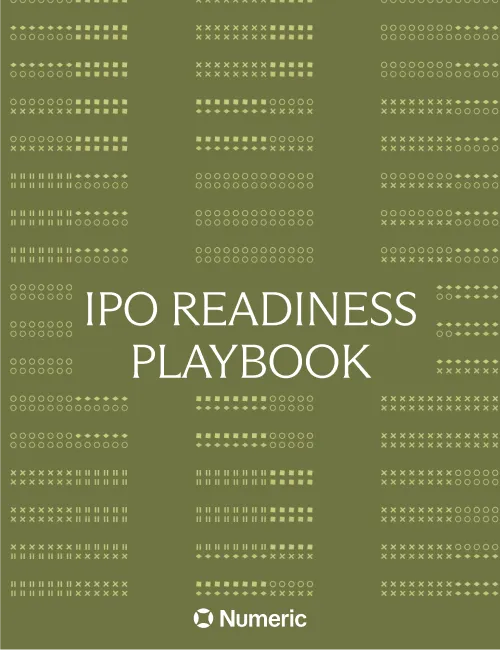Permanent Accounts
Permanent accounts are the accounts in the general ledger that carry their balances from period to period.
Definition
Permanent accounts, also known as real accounts or balance sheet accounts, are accounts in the general ledger that maintain their balances beyond the current accounting period. Unlike temporary accounts, which are closed at the end of each period, permanent accounts retain their balances over time. These accounts reflect the ongoing financial position of a business and include assets, liabilities, and equity accounts.
Example
Examples of permanent accounts include asset accounts such as cash, accounts receivable, inventory, property, plant, and equipment, as well as liability accounts such as accounts payable, loans payable, and equity accounts such as common stock and retained earnings. The balances in these accounts carry forward from one accounting period to the next, providing a continuous record of the company's financial position.
Why it Matters
Permanent accounts play a fundamental role in financial reporting and analysis. They provide a long-term perspective on a company's financial health by documenting its assets, debts, and ownership interests. These accounts are essential for preparing the balance sheet, which presents a snapshot of the company's financial position at a specific point in time. By maintaining accurate permanent accounts, businesses can assess their liquidity, solvency, and overall financial stability, aiding in decision-making processes and ensuring compliance with accounting standards.



















